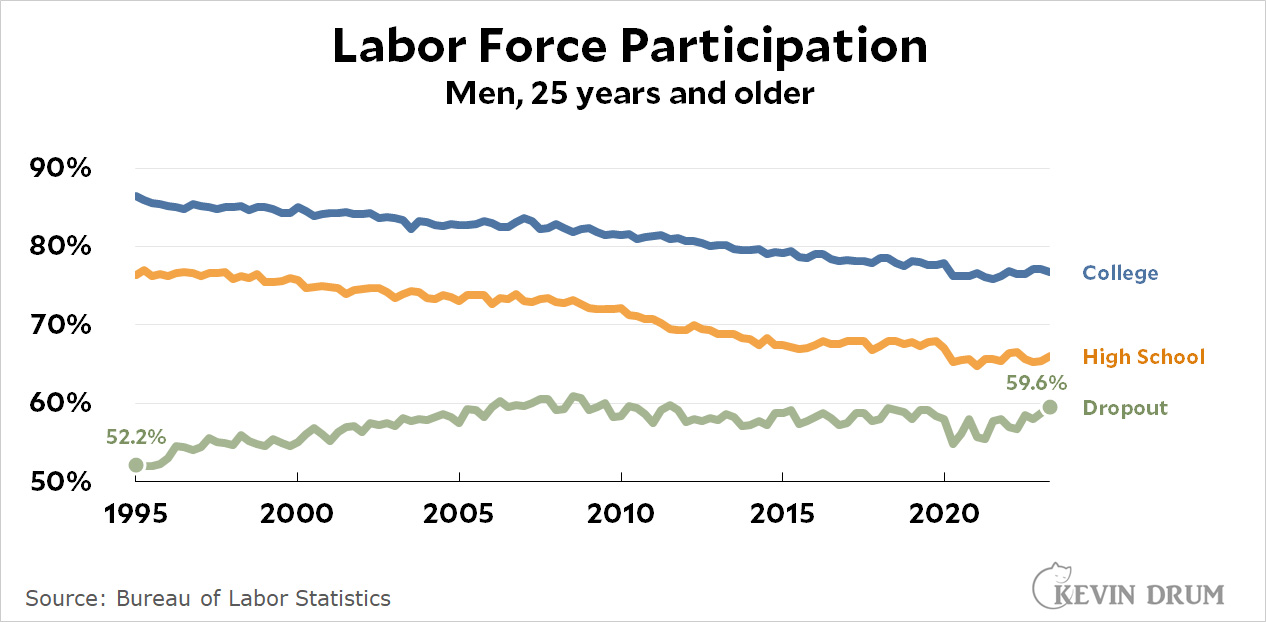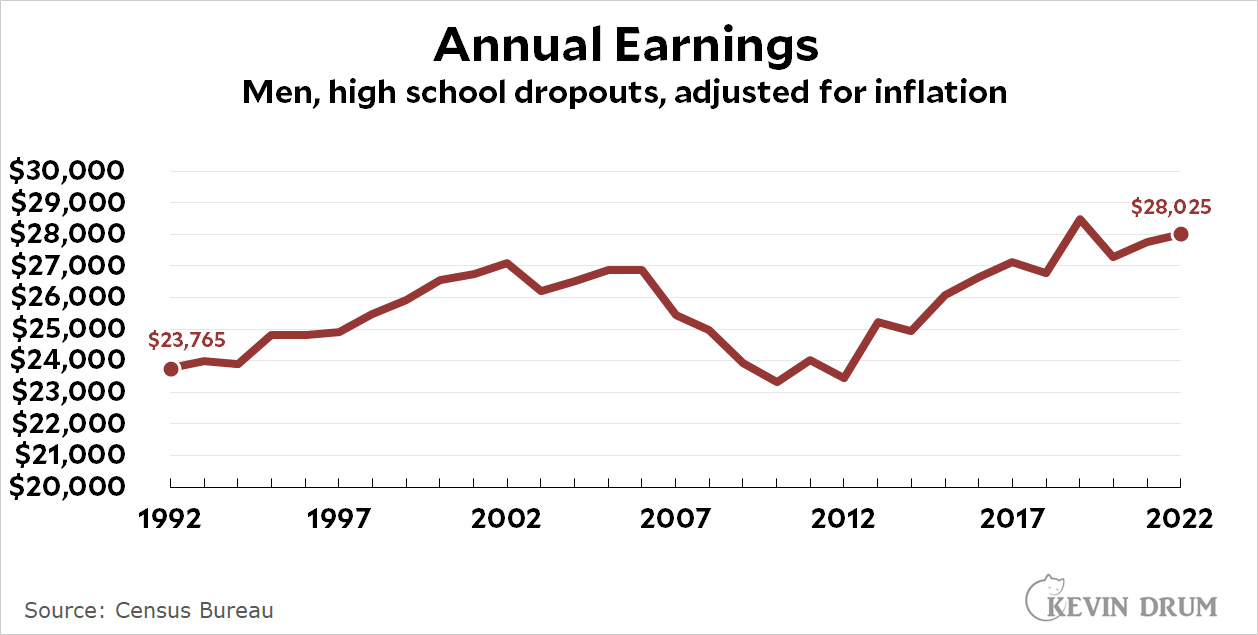Up until 2010 merchants weren't allowed to charge extra for purchases made by credit card even though they had to pay swipe fees every time one was used. But that year the Department of Justice settled a lawsuit against the big credit card companies which put an end to this prohibition. Since then, subject to state laws, merchants have been allowed to offer cash discounts. Alternatively, they can pretend to raise all their prices by 3-4% and then rebate the extra to cash customers. This is the equivalent of charging more to credit card customers.
I was all in favor of this—but not because I objected to swipe fees. It costs money to run a credit card network, and swipe fees are a reasonable way of recouping those costs. My problem was that, thanks to the near-monopoly they enjoyed, credit card companies could keep their fees invisible and almost certainly too high. After all, credit card companies charge swipe fees and then rebate much of it in the form of reward programs for affluent customers. This makes no sense.
So why not let merchants charge the fees openly and let consumers choose? If merchants decide to charge more for credit card purchases, it's a sign they think swipe fees aren't worth it and would prefer cash. If they don't, it's a sign they think they're getting their money's worth.
Since then I haven't noticed many merchants charging for credit card use, but that's largely because I live in California, where it was still illegal until a few years ago. Today, though, the Wall Street Journal tells us how things are going:
 Overall, about 3% of merchants offer cash discounts. This is up from 2% before the pandemic, but it's still a pretty low number. The evidence isn't entirely in yet, but I'd say I turned out to be wrong. Even in the face of ever-rising swipe fees, barely any merchants feel slighted enough to bother trying to get their customers to pay cash. Inertia and habit are a big part of this, but it's nevertheless the case that changing the rules made little difference. Apparently the vast majority of merchants are OK with funding bank reward programs. Go figure.
Overall, about 3% of merchants offer cash discounts. This is up from 2% before the pandemic, but it's still a pretty low number. The evidence isn't entirely in yet, but I'd say I turned out to be wrong. Even in the face of ever-rising swipe fees, barely any merchants feel slighted enough to bother trying to get their customers to pay cash. Inertia and habit are a big part of this, but it's nevertheless the case that changing the rules made little difference. Apparently the vast majority of merchants are OK with funding bank reward programs. Go figure.












